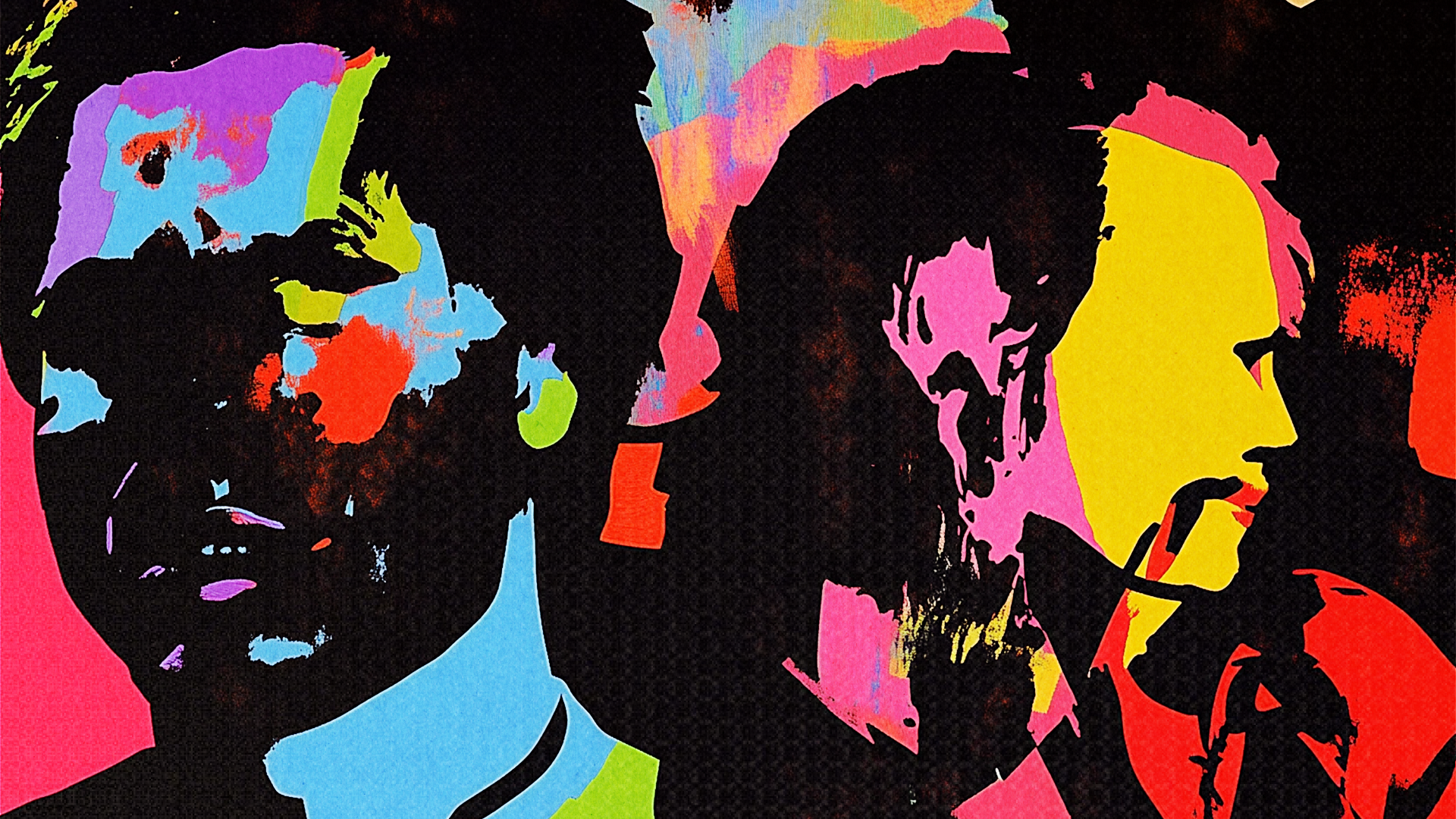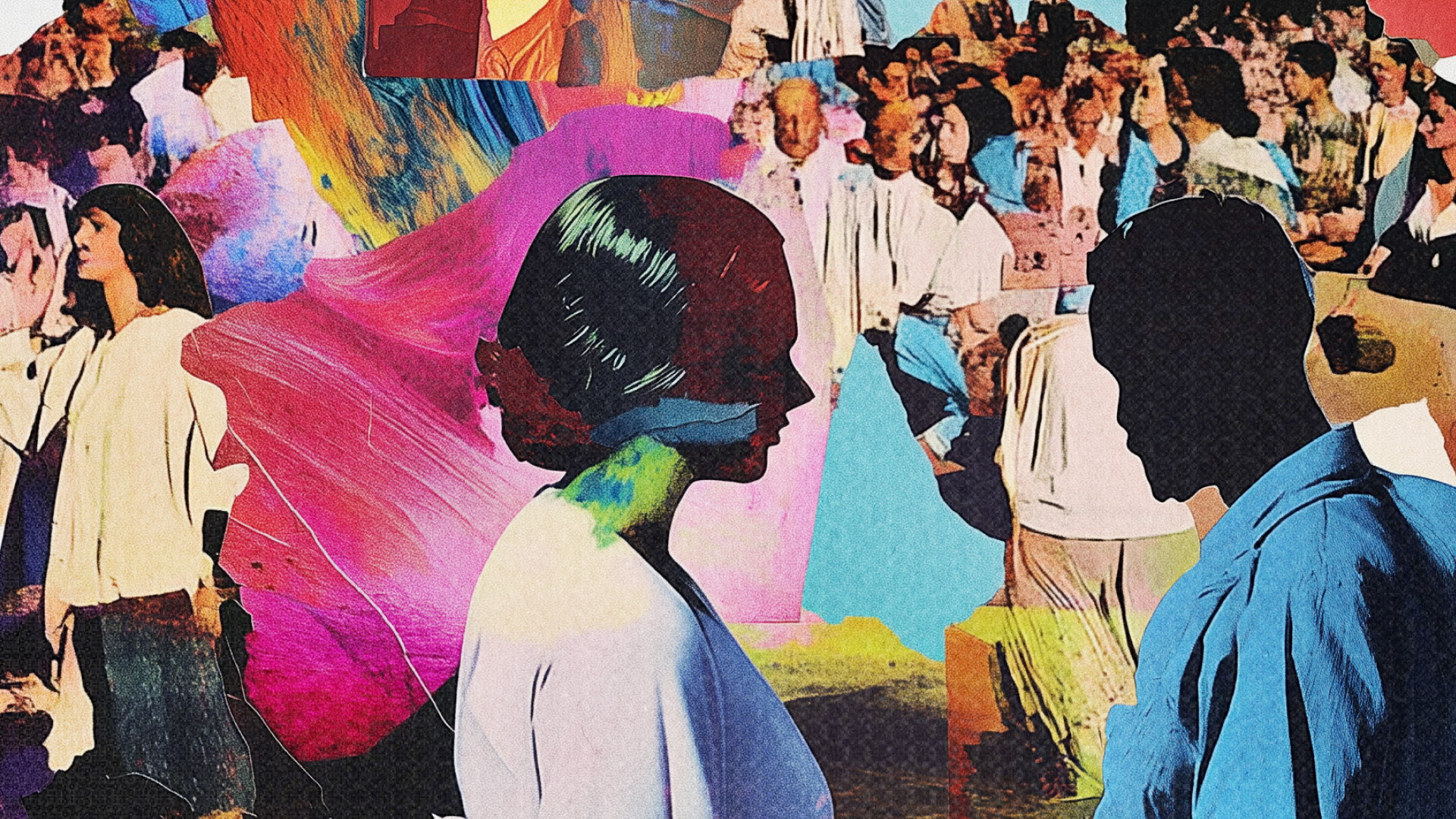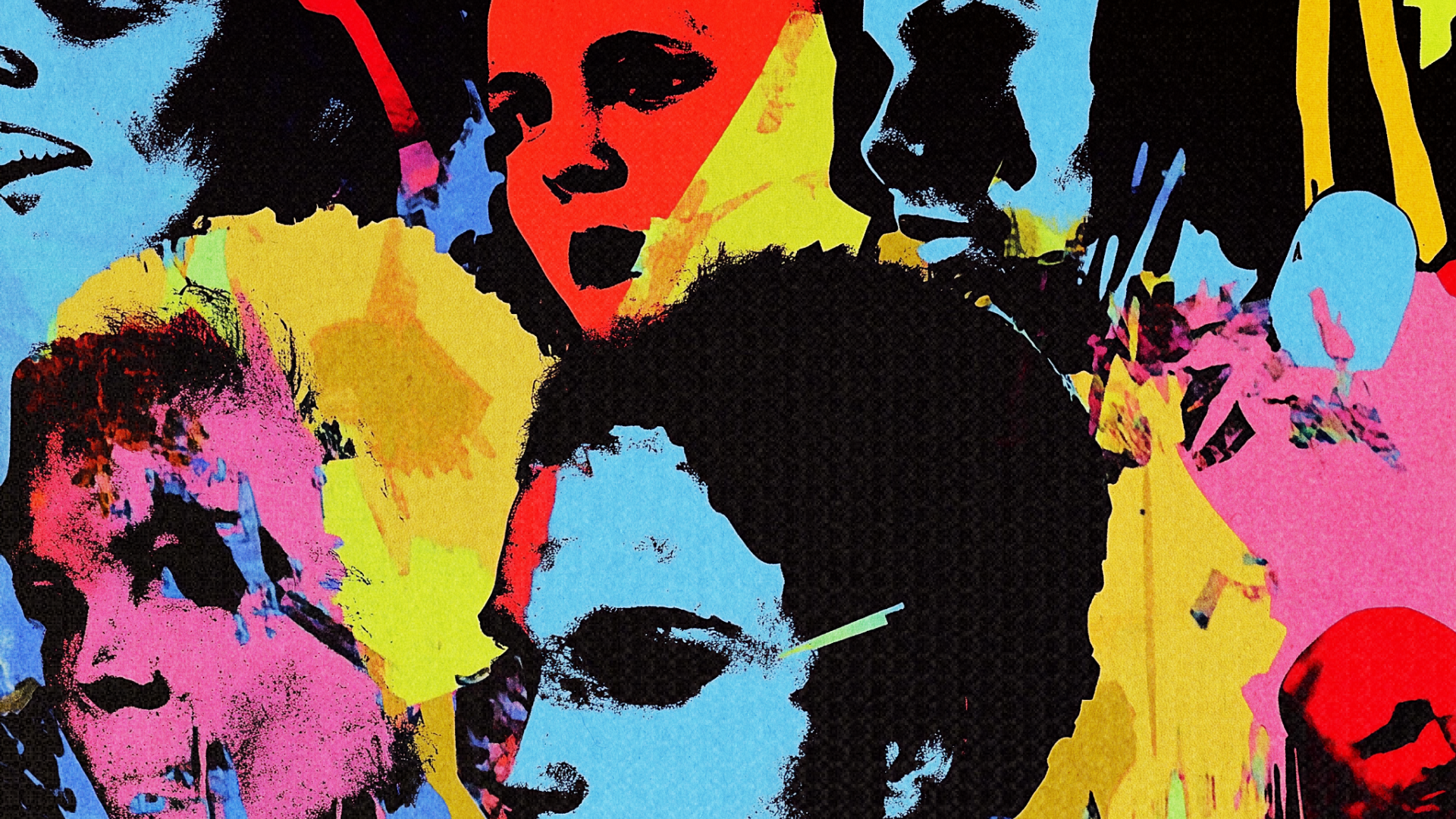The Future of Business: Punk or Romantic?

Daniel Ek, CEO of Spotify, once said that he and co-founder Martin Lorentzon were “punks” when they started their streaming service in 2006. It isn’t the first time “punk” has appeared in business speak. “Business Punk” is the name of a progressive business magazine in Germany, there is a Punk Business School in London (with whose founder Pinar Akiskalioglu I had a lively debate in Istanbul last week), and the venerable Frankfurt Book Fair recently organized a session on “how to be a business punk in publishing.” Business Punks are the corporate rebels, the intrapreneurs, the internal changemakers of the moment. The New York Times has even predicted that 2025 will bring a full-blown punk revival, with the national mood “shifting toward nihilism’s more politically inclined cousin.”
It’s no surprise that punk is back in fashion. When it first appeared on the scene in the mid-1970s, the counter-culture movement and musical genre was a fierce reaction to the establishment, a rallying cry (or scream!) against government oppression and capitalist-fueled inequality. Consequently, the punk ethos—characterized by non-conformity, anti-greed, anti-consumerism, anti-globalization, and so on—has been summoned back as we confront winner-take-all societies, widening social inequity, and the imminent climate catastrophe. Moreover, in light of burgeoning authoritarianism and a hardening political and cultural mood, there is a strong desire to retreat to a “no future” stance. Punk satisfies that desire. The movement is about ironic escapism as much as it is an (a)political posture.

Punk’s impetus is anarchy, and the new battlefield is digital
At any rate, punk is fierce and furious. Maybe it’s a dose of nostalgia for those of us who’ve experienced socio-political alienation before. This time round, we can point the finger at more than just globalized corporatism; the new culprit is the ruthless pursuit of efficiency and hyper-optimization in a society defined by digital surveillance, where AI is not only sharpening the “knife blade of capitalism,” but also racing towards “autocapitalism”—the automation of the automation of production, as John Aziz puts it.
Punk’s end game is anarchy, and the new battlefield is digital. Punks are now cyberpunks (from CryptoPunks to DAOpunks): gamers, crypto-czars, and hackers who self-organize in DAOs (Decentralized Autonomous Organizations) or underground collectives, and who understand that an alternative reality is only possible through alternative currencies.
Yet I would argue that the more powerful response to our beleaguered systems, to the crisis of all crises—the polycrisis—is a much older school of thinking: Romanticism. Like punk, this late 18th century European arts and literature movement had a distinct foe: the enlightenment and its upholding of scientific rationalism and empirical truth. Insisting on inner truth and some form of mystical, transcendent beauty, Romantic thinkers opposed what they viewed as an illegitimate reductionist view of the human self. Instead, they espoused virtues such as mystery, emotional diversity, and intimacy.
Romanticism is focused on the individual, punk on the community, but the two movements have one thing in common (as the aptly titled seminal cyberpunk novel Neuromancer attests to): an appetite for subversion and otherworldliness. Unlike punks, though, whose MO is to disrupt, defy, and deny, Romantics have—because of their focus on interiority—the capacity to address our current spiritual crisis. Romanticism is the right medicine if we hope to cure our disenchantment and revive our imaginations. Disconnected from nature, others, and ourselves, we are experiencing a loneliness epidemic. Our languishing makes the Romantic tropes of attunement to nature; the possibility of another truth, another world; and the appreciation of individuality and subjectivity more timely than ever.
In business, however, Romantic qualities are often ridiculed. To be called a dreamer, an eccentric, is an insult. “Don’t be romantic” is an instant idea killer for a new business initiative or product. In the workplace, realism and pragmatism are favored over rich emotions. Whoever argues soundly, rationally, and logically is convincing. Whoever has the data wins.

The bright and dark side of Romanticism
This calculus is a grave mistake (as I argue in my book The Business Romantic). Data is never the full truth, just a quantitative snapshot. The adage “you can only manage what you measure,” is nonsense. We all manage much more than we can measure every day!
Plus, unless your business just politely repackages the status quo, you can’t really do without Romantics at work. If you want to be truly innovative, without clinging to passing trends or rehashing data, then you need Romantics in your organization—the fools, dreamers, and contrarians who see the world not as it is but as it could be. If you want your customers or employees to fall in love with your brand, again and again, then you need to give them more than just solutions to problems. They want to be part of something greater than themselves; they want experiences that transform them, something that feels true precisely because they can’t grasp it rationally. Romanticism is at the heart of the experience economy, and experiences are the only remaining human differentiator in an age of AI-based automation. Finally, Romantics believe that what they see is not all there is. They can travel between worlds and live in parallel realities. These Romantic traits will help us in an age of AI-created multiverses and alternate realities.
And yet, despite all the love for Romanticism, it is not free of problems. Historically, it birthed the kind of irrational, intoxicated nationalism that resulted in fascism. Even in liberal societies, it has produced a collective bias that can be too forgiving of the renegade “visionary” maverick types like Steve Jobs, Mark Zuckerberg, or Elon Musk, charismatic creators of a new reality (Musk driving it to the extreme) who aren’t kind to their dissenters.

A hopeful alternative: cynicism
Maybe we are romanticizing punks and giving Romantics more edge than they deserve. Maybe they are both a bit pretentious in the sense that they make pretenses of action that don’t deliver. Both can be criticized for shying away from the hard truths, for refusing to truly engage with the levers of change.
This brings us to the dark horse in this race: cynicism. In order to be effective, both punk and Romanticism depend on it.
That might surprise you. Sure, punk can be sarcastic and even satirical. But Romanticism? It is too earnest to ever be cynical. In fact, cynicism is often considered the very opposite of Romanticism. I couldn’t disagree more. Cynicism is not the opposite of romance; it is its prerequisite.
The problem is that cynicism has degenerated into a handy narrative used to justify blunt self-interest and calculus, making our worst angels acceptable in society.
This is a far cry from its origins. If the nature of contemporary cynicism is “enlightened false consciousness,” as German philosopher Peter Sloterdijk put it in his superb Critique of Cynical Reason, it might be a way of surviving in societies in which lying is fundamental. But the original cynics were quite different. The word cynicism is derived from the Cynics in Ancient Greece, a school of thought, spearheaded and exemplified by the philosopher Diogenes, that took issue with the empty rhetoric of their nemeses, the Sophists, who believed that winning an argument trumped ethical concerns. In other words, the Sophists were the first propagandists, the first demagogues.
The Greek Cynics, by contrast, called things by their name. They didn’t jump to the conclusion that humans are driven by the worst motives; they were determined to uncover true motives. In Ancient Greek society, cynicism offered citizens a way to live happily without possessing or knowing much. It was a frugal, essential way of being. Enough was enough. The Cynics believed that eudaimonia, human flourishing, was only possible through self-sufficiency and mental clarity (atuphia, which literally translates as “freedom from smoke,” the ability to see through false belief, folly, and conceit). They promoted and practiced asceticism and constraint, a way of being that later inspired their successors, the Stoics.
Interestingly, Diogenes, the figurehead of the Cynics, was a non-conformist in public, occasionally making a vulgar spectacle of himself. He was, if you will, a punk. But one with a purpose. In his book, Sloterdijk reminds us of Diogenes’ humorous posture. Instead of chasing after “unattainable ideals,” he simply “said what he lived.” He relied on all his wits, mind and body, to protest against whatever seemed false to him, calling out half-truths or outright lies. Sometimes his protests took the form of public defecation; he was literally shitting on society’s bullshit.
At a time when business is contending with fake news, online misinformation and manipulation, an ongoing assault on our freedom and sovereignty, and a reckless pollution of our informational and material ecologies, we shouldn’t expect too much from punk or Romanticism.
Only cynicism can save us.
Tim Leberecht

Are You in Need of a Moral Reset?

The Weird, Eccentric Power of Periphery

I Don’t Resonate with You

Open House: Breaking Bias


